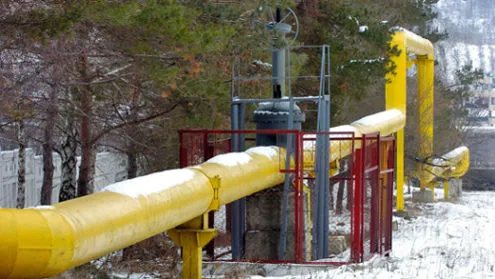As Pakistan grapples with a severe electricity shortage and mounting circular debt, a young man in a Sukkur village has found an innovative solution to power his mobile charging shop. Wahab Tunio, a resident of Qureshi Goth in Sukkur, has started using solar panels to generate the electricity needed to run his business, reported ARY News.
Wahab Tunio, who operates a small business, turned to solar energy as a reliable source of power. This decision has not only provided a lifeline for his shop but has also benefitted others in the community. Tunio uses solar power to charge mobile phones and run his desktop computer, essential for his business operations.
Tunio explained that the lack of electricity in his locality forced him to rely on solar panels. Residents facing similar issues pay Rs 20-30 to charge their mobile phones at his shop, creating a new source of income for him. He emphasized that solar panels have become a necessity due to the persistent electricity shortage.
Tunio has urged the Pakistan government to refrain from imposing taxes on solar panels, warning that such a move would make them unaffordable and severely impact his business and others like it. He expressed concern that any additional financial burden would hinder his ability to sustain his operations.
The electricity crisis in Pakistan has intensified as the federal government struggles to clear dues owed to electricity supply companies. This failure has left many citizens without power during an extreme heatwave. Last week, K-Electric, a major electricity supplier, issued a stern warning to cut off power to Sindh government departments over unpaid dues amounting to billions of rupees, according to ARY News sources.
Sources indicated that neither the Sindh government nor the Karachi Water and Sewerage Board (KWSB) have made payments to K-Electric since January. This non-payment has precipitated a financial crisis for K-Electric, complicating network maintenance and operations. Earlier this month, K-Electric sent five letters requesting immediate payment of the outstanding dues.
K-Electric has warned that failure to settle the dues promptly could result in a network failure, leading to prolonged power outages in Karachi amid the severe heatwave. The ongoing electricity crisis underscores the urgent need for sustainable solutions, with solar power emerging as a viable alternative for many Pakistanis.























